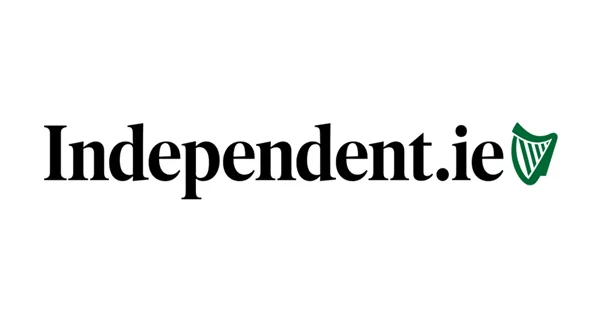More than 40 cases of alleged assaults, seclusion and restraint involving children with special educational needs are being taken by families against school authorities, a leading children’s rights lawyer has said.
Families are taking legal action against schools and boards of management over claims their children were physically or emotionally harmed.
Gareth Noble, a partner at KOD Lyons solicitors, said the Government needs to legislate responsibility for such cases as many families struggle to report or resolve incidents where their children have been subjected to inappropriate treatment by teachers or school staff.
He also called on the Department of Education to introduce guidelines regarding the use of isolation and restraint practices in schools to provide greater oversight and governance in these areas.
Parents of children with special educational needs have complained about their children being removed from classes, separated from peers, kept alone in rooms, put on reduced hours or inappropriately held down to manage their behaviour.
Too many schools are operating blind and without appropriate supports, Mr Noble said, making further litigation inevitable. “I think the Department of Education needs to be a lot more robust on things like what their policy is on seclusion and children being put in other rooms or on reduced school timetables,” he said.
“If a child is to be, at any point in time, away from the school or the school teacher, that needs to be a plan that is endorsed by the Department of Education. That would quickly deal with a lot of these situations if they want to deviate from the traditional school day with a reduced timetable, or where a situation where a child is outside of the room for more than 15 minutes.”
The Government has been working on guidelines aimed at eliminating seclusion and restraint since 2018, and earlier this year Special Education Minister Josepha Madigan said a final draft was under consideration.
These guidelines need to be child rights-centred, Inclusion Ireland chief executive Derval McDonagh said. “We hear of children being absolutely traumatised by seclusion and restraint. Can you imagine being held down by an adult or being held in a room knowing you have no choice but to stay there?” Ms McDonagh added.
Mr Noble said he is aware of more than 40 cases where families are taking legal action after their children were allegedly assaulted, inappropriately restrained or secluded in schools. There is also a need to assign responsibility for the handling and investigation of such cases to a specific arm of the State, he added.
It comes after the Sunday Independent reported last week how families face difficulties addressing cases where children were allegedly harmed in school.
In some cases, the gardaí or DPP were unable to progress cases because children had difficulty communicating. In other cases, different state agencies were unable to provide support or investigate the complaints.
Mr Noble said: “There is a culture in certain schools that is very child-led, inclusive and a lot of the referrals I get are from schools as well. They are concerned about children who need to be educated but are being left behind because of a lack of support and resources, and a lot of care needs aren’t being met because of a lack of SNAs. “Ultimately, the delivery of education is run by the State, and if there are gaps, the State should be liable for those gaps as well as the schools.”
“If we had this conversation two or three years ago, we could say there are isolated incidents. I am just seeing a bit more that indicates these are not isolated incidents and the same places are coming up time and again.”
A spokeswoman for the Department of Education said the development of isolation and restraint guidelines are at an advanced stage, after comprehensive stakeholder engagement, and they are expected to be published “in the very near future”.
An expert working group tasked with developing guidelines reviewed national and international legislation, school governance structures and duty of care considerations, she added.
The department said it has significant oversight in place to ensure statutory and best-practice obligations are adhered to by schools and staff. Inspectors carry out compliance checks and liaise with non-compliant schools until issues are addressed.
“Any concern or allegation of a child protection nature received by staff in the Department of Education is dealt with in accordance with the department’s procedures for responding to child protection concerns,” the spokeswoman added.
Get in touch
Leaders in our field and winners at the Irish Law awards we have proven expertise in immigration and international law, child and family law and personal injury litigation.
Tel: +353 1 679 0780
Email: info@kodlyons.ie








